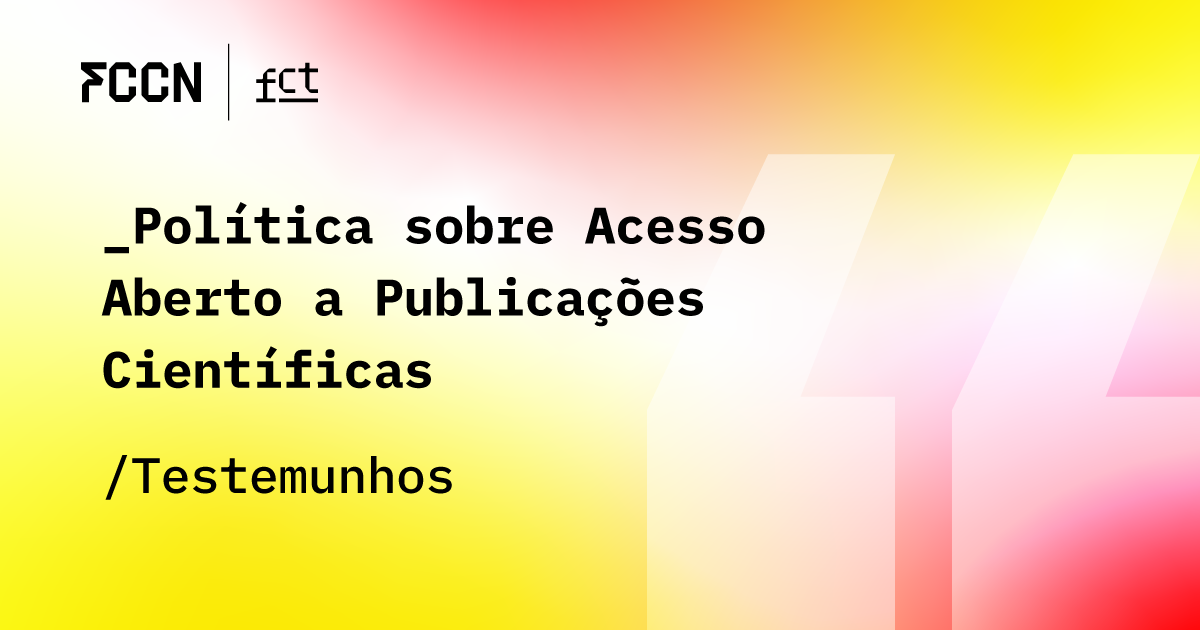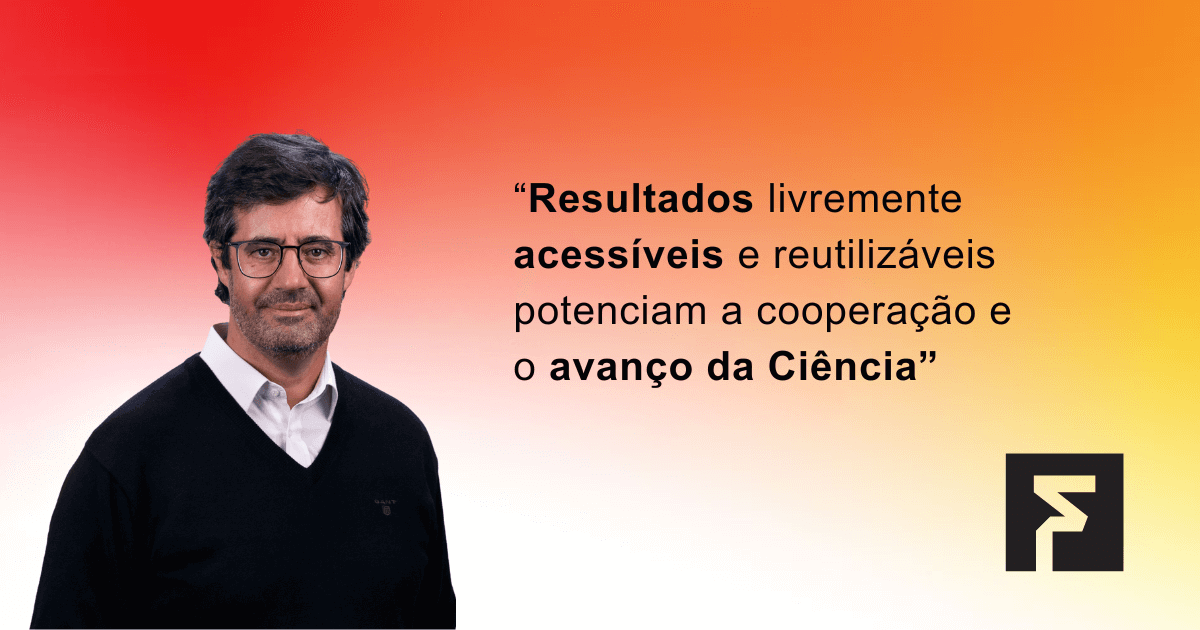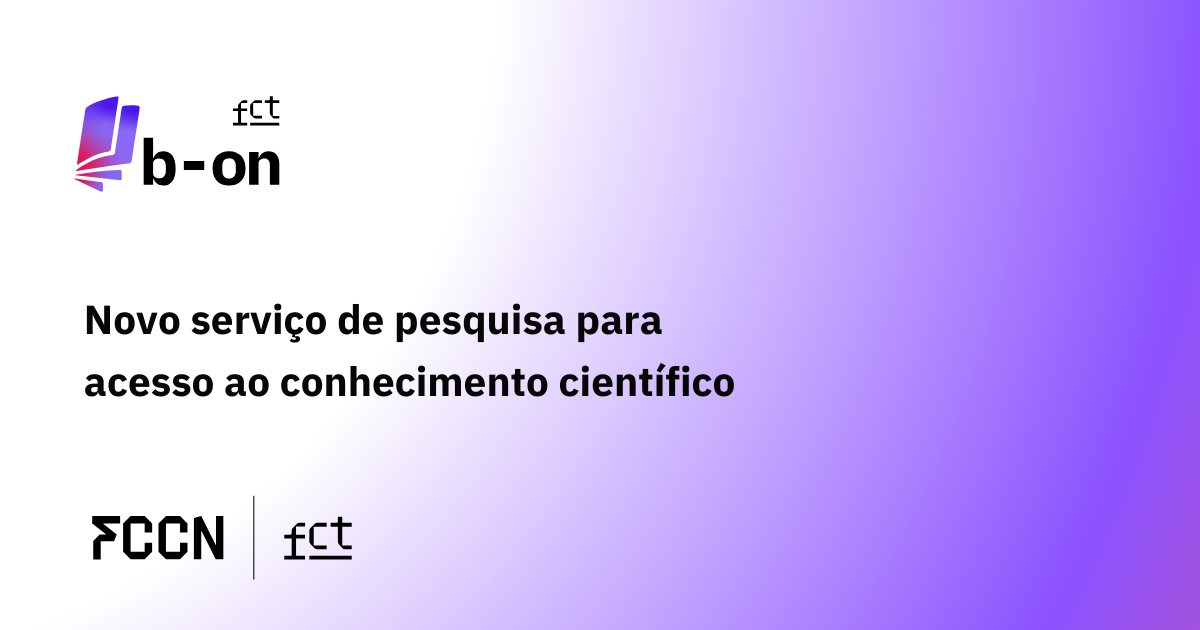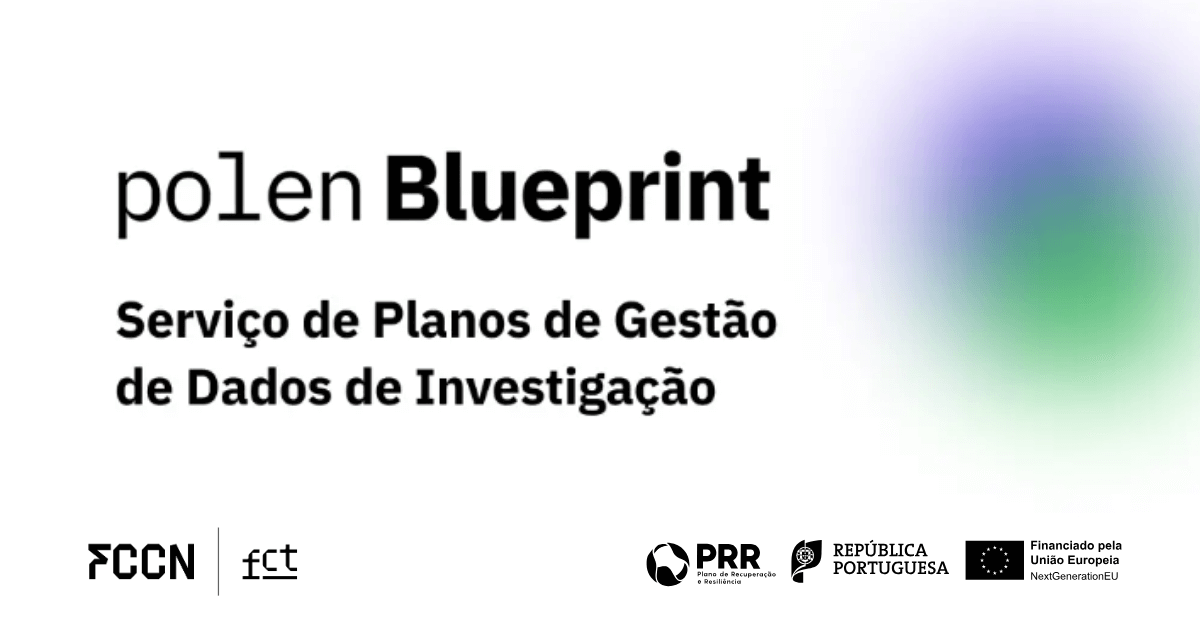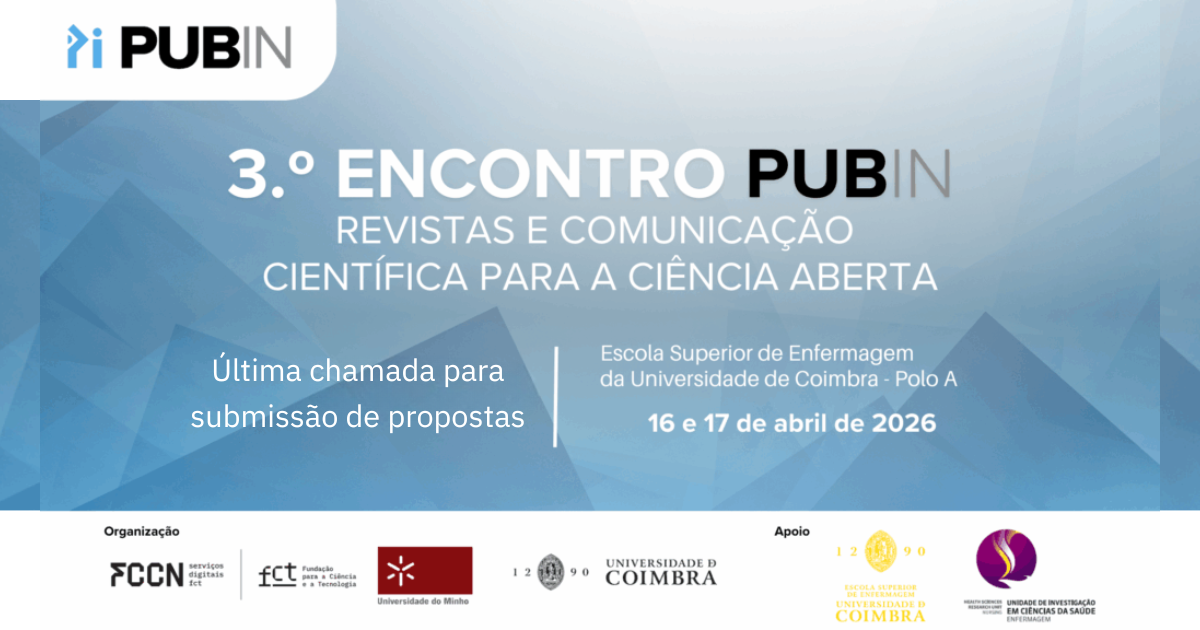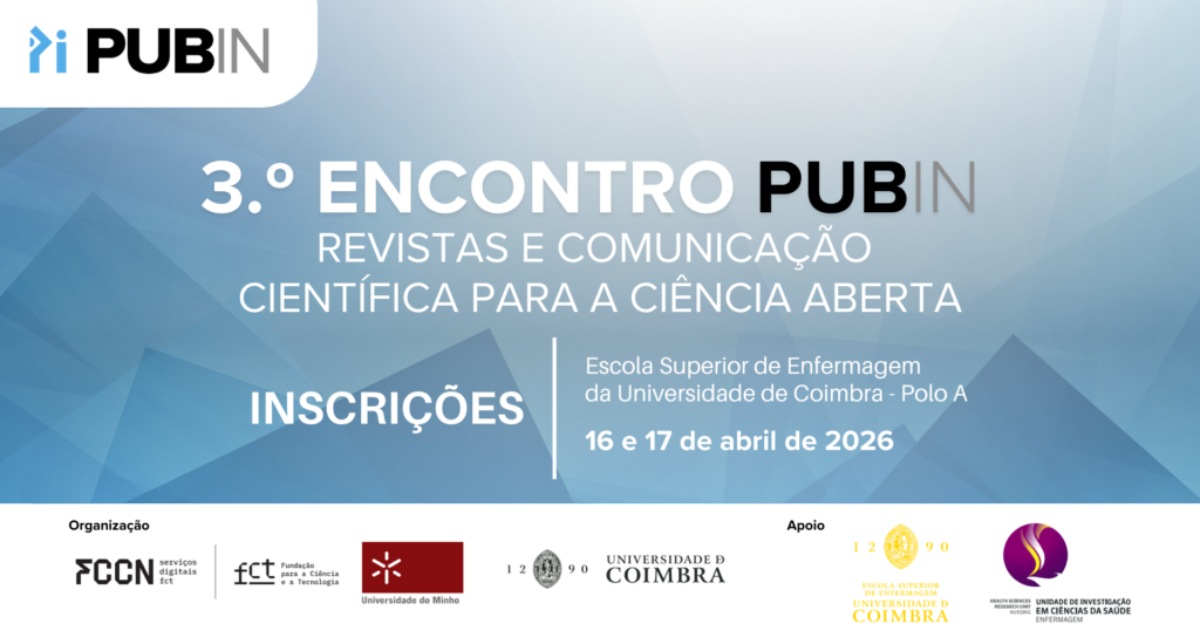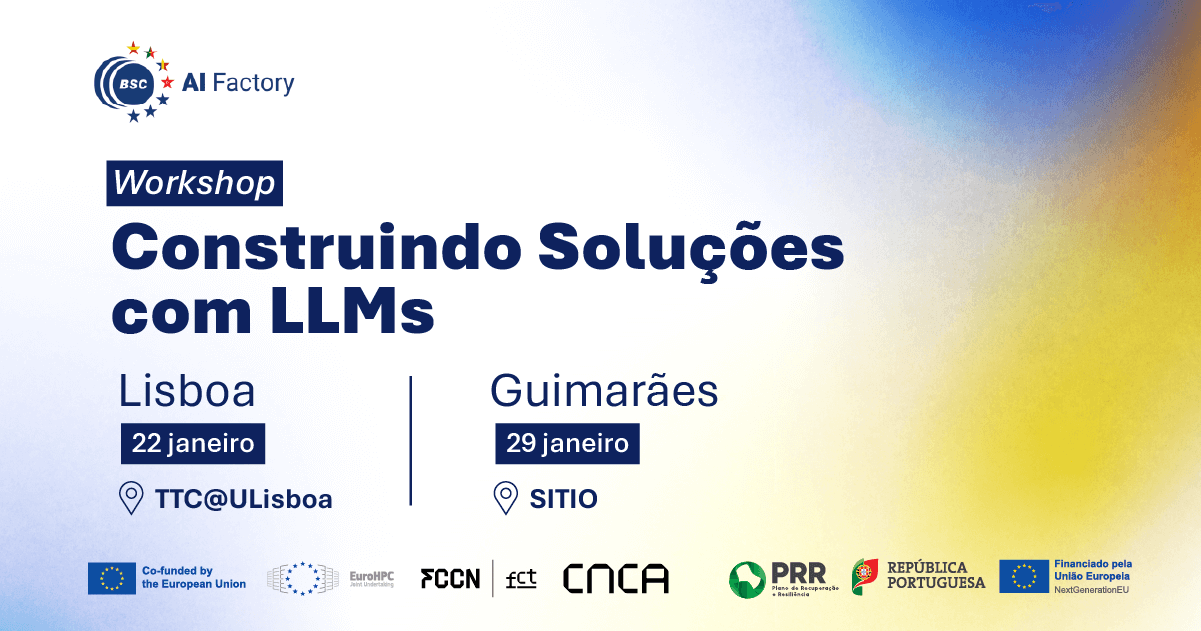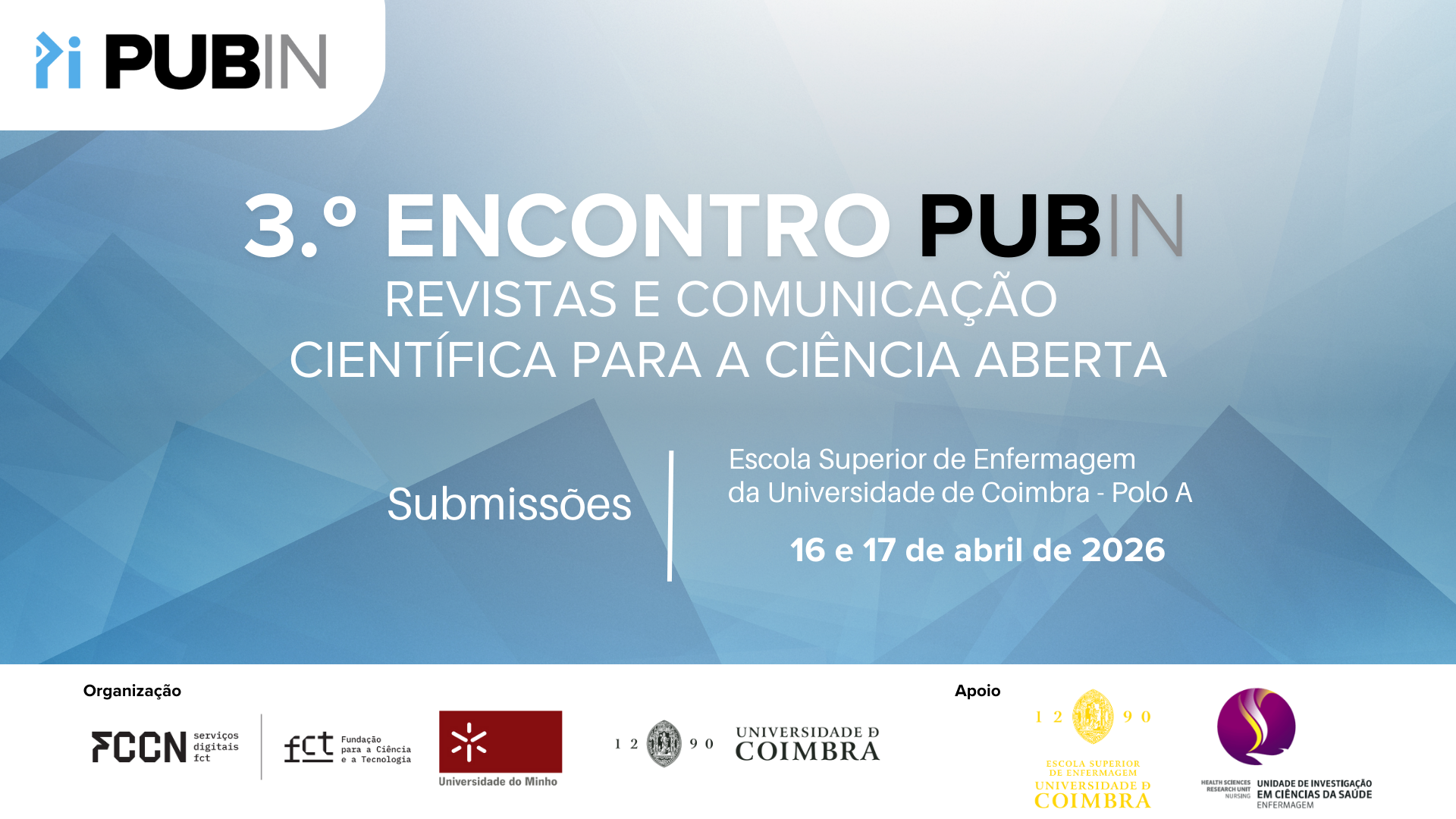
PTCRIS manager Cátia Laranjeira explains everything about the importance of this program for the future of the national science system.
The transition to a knowledge-based economy has been driven by the rapid development of science and technology, as well as the widespread adoption of new technologies in all human activities. Indeed, over the past few decades, there has been exponential growth in scientific output and the volume of data produced. The knowledge resulting from these scientific efforts is expected to be the driving force behind effective responses to the complex challenges we currently face. However, for this to happen, it is essential to understand and disseminate the knowledge produced.
The FAIR principles, first published in 2016, establish guidelines for good practices in managing research data. According to these principles, to maximize the impact of scientific and technological advances, scientific data must be Findable, Accessible, Interoperable, and Reusable. In this context, science management plays a fundamental role.
The adoption of standards and the creation of tools and infrastructures that support them are the invisible pillars that sustain the FAIRification in science. In Portugal, recognizing this importance, efforts have been made to define a regulatory framework for interoperability and supporting infrastructures that will enable the construction of an integrated and coherent ecosystem in which information arising from scientific activity flows between the various systems. This ecosystem has been designated PTCRIS.
What is PTCRIS?
Launched in 2014, the PTCRIS program aims to create an integrated information ecosystem to support national scientific activity. To this end, PTCRIS is dedicated to developing a regulatory framework for interoperability, that is, set of principles and rules, a common language that allows effective communication between the different components of the research ecosystem, ensuring consistency, interoperability and compatibility between different systems, platforms and institutions.
One of these principles concerns unique and persistent identifiers (PIDs) – references that allow for the unequivocal identification of the different stakeholders in the academic-scientific ecosystem, namely researchers, organizations, projects/funding, scientific outputs, and infrastructures. PIDs are essential for scientific data to be findable and accessible. They are also crucial for ensuring the unequivocal association between scientific data and other elements of the ecosystem (researchers, organizations, funding, etc.), enabling a more precise understanding of the interactions between the various actors and resources.
In addition to PIDs, the adoption of standardized data models, semantics, and controlled vocabularies is also essential to ensuring interoperability and efficient integration of information in the science and technology ecosystem. Using data models defined by best practices allows for structuring information in a standardized manner, making it more readable for both machines and humans. This facilitates discovery and access to available resources, in addition to enabling more thorough data analysis.
Controlled vocabularies, in turn, play a crucial role in standardizing terms and concepts used in the academic-scientific ecosystem. By adopting controlled vocabularies, it is possible to avoid ambiguities and ensure the consistency and accuracy of information. This facilitates the search and retrieval of relevant information, in addition to promoting clearer and more efficient communication between the different stakeholders in the ecosystem.
And what are the benefits?
The benefits of developing an integrated scientific information ecosystem are numerous. The most notable is greater ease of access to scientific activity and its results. Platforms and tools that promote access to and sharing of scientific results are also developed. These resources foster interdisciplinary collaborations and, consequently, encourage innovation and the development of new scientific ideas.
On the other hand, it's possible to ensure greater efficiency in the processes of production, management, and access to reliable, complete, and up-to-date data. These are essential for generating reliable indicators that allow for monitoring the impact of scientific policies and developing evidence-based strategies.
In addition to an integrated ecosystem of scientific information allowing a greater capacity to integrate and harmonize data from various sources – thus allowing for a holistic view of the scientific ecosystem –, it also highlights the possibility of simplifying the management of information on scientific activity, with the adoption of standards and interoperability mechanisms that contribute to increased administrative rationality and efficiency, reducing the bureaucratic burden that still falls on researchers.
This simplification has been materialized in the context of the curriculum management platform CIÊNCIAVITAE. Based on the PTCRIS regulations and imbued with the mantra “Register once, reuse forever” since its conception, the CIÊNCIAVITAE It is integrated with a set of national and international systems, which allows the import/synchronization of previously recorded data and, consequently, an estimated saving of more than 5 million minutes in recording information.
Thus, the standards and supporting infrastructures proposed by PTCRIS are not an end in themselves. They are, rather, the foundation for creating an environment conducive to collaboration, discovery, and knowledge dissemination. By promoting more efficient science management, PTCRIS makes a decisive contribution to the consolidation of a knowledge-based economy, in which the knowledge produced is shared and reused, maximizing its impact.
